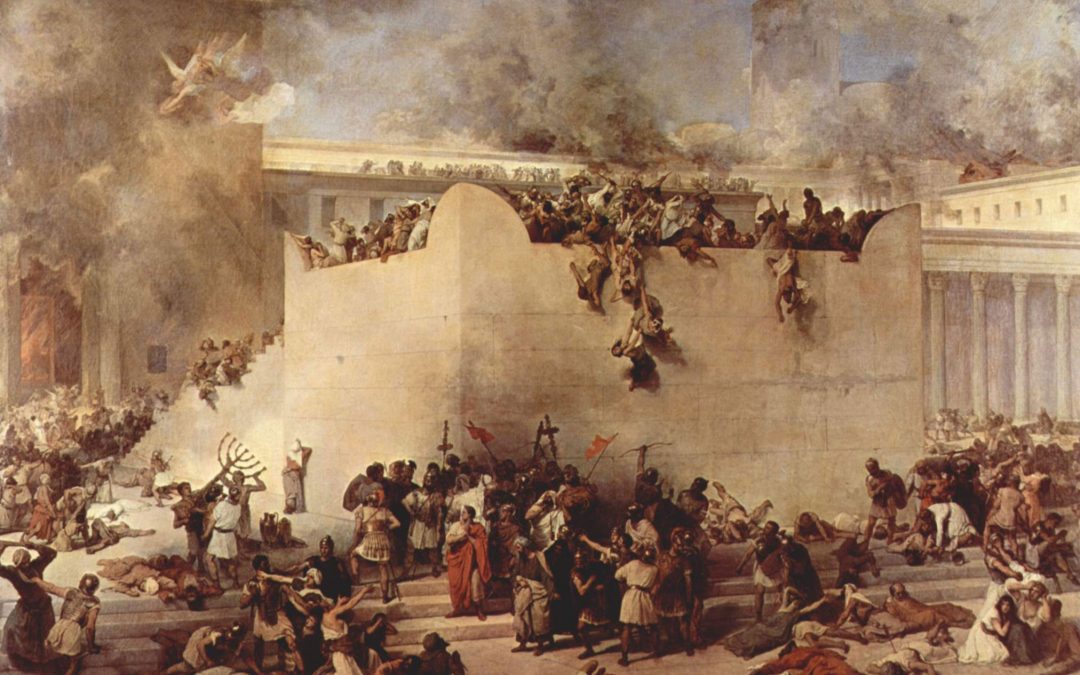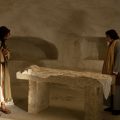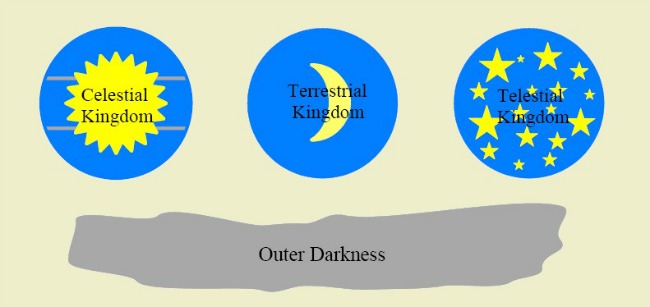Gramps,
I am trying to find any articles in the LDS gospel library that would answer the question what happens to those who don’t believe in Christ in mortality and should we not pray for their well being if they are a Buddhist.
Mark, South Bend, Indiana
Dear Mark,
Seems as though we have two independent questions here. First, what happens to those who don’t believe in Chris in mortality? We read in Doctrine & Covenants 76:71-80 concerning the glory of the terrestrial kingdom—
71 And again, we saw the terrestrial world, and behold and lo, these are they who are of the terrestrial, whose glory differs from that of the church of the Firstborn who have received the fulness of the Father, even as that of the moon differs from the sun in the firmament.
72 Behold, these are they who died without law;
73 And also they who are the spirits of men kept in prison, whom the Son visited, and preached the gospel unto them, that they might be judged according to men in the flesh;
74 Who received not the testimony of Jesus in the flesh, but afterwards received it.
75 These are they who are honorable men of the earth, who were blinded by the craftiness of men.
76 These are they who receive of his glory, but not of his fulness.
77 These are they who receive of the presence of the Son, but not of the fulness of the Father.
78 Wherefore, they are bodies terrestrial, and not bodies celestial, and differ in glory as the moon differs from the sun.
79 These are they who are not valiant in the testimony of Jesus; wherefore, they obtain not the crown over the kingdom of our God.
80 And now this is the end of the vision which we saw of the terrestrial, that the Lord commanded us to write while we were yet in the Spirit.
Thus, the good men of the earth who do not accept the gospel of Jesus Christ will come forth in the first resurrection, and after the millennium will inherit a terrestrial kingdom. Concerning what they will do during the millennium is commented upon in an article by Hyrum L. Andrus,—
“Brigham Young explained, stating: A man may be a legislator in a body which will issue laws to sustain the inhabitants of the earth in their individual rights and still not belong to the Church of Jesus Christ at all. And further, though a man may not even believe in any religion it would be perfectly right, when necessary, to give him the privilege of holding a seat among that body which shall make laws to govern all the nations of the earth and to control those who make no profession of religion at all; for that body would be governed, controlled and dictated to acknowledge others in those rights which they wish to enjoy themselves. (DHC, VII, p. 382.)
“This is a unique idea. Here we find a political program which will bring into its organization good men of the earth who are not members of the Church, men of the earth who will be given political authority, men of the earth who may not even be believers in any form of religion. Others have made statements on this particular subject; among them was George Q. Cannon, who in his day was probably the intellectual of the Church. He went back to the Prophet Joseph Smith to get his ideas and concepts on the relationship between the Church and this political organ, stating: We are asked, Is the Church of God, and the Kingdom of God the same organization? And we are informed that some of the brethren hold that they are separate.
“This is the correct view to take. The Kingdom of God is a separate organization from the Church of God. There may be men acting as officers in the Kingdom of God who will not be members of the Church of Jesus Christ of Latter-day Saints. On this point the Prophet Joseph gave particular instructions before his death and gave an example, which he asked the younger elders who were present to always remember. It was to the effect that men might be chosen to officiate as members of the Kingdom of God who had no standing in the Church of Jesus Christ of Latter-day Saints. The Kingdom of God when established will not be for the protection of the Church of Jesus Christ of Latter-day Saints alone, but for the protection of all men, whatever their religious views or opinions may be. Under its rule, no one will be permitted to overstep the proper bounds or to interfere with the rights of others. (DHC, VII, p. 382.)” Hyrum L. Andrus, Doctrinal Themes of the Doctrine and Covenants , p.67
Then you ask, “ should we not pray for their well being if they are a Buddhist?” I don’t know why you would pick out the Buddhist religion as opposed to all the other religions in the world. The 11th Article of Faith of the Mormon Church states—
We claim the privilege of worshiping Almighty God according to the dictates of our own conscience, and allow all men the same privilege, let them worship how, where, or what they may.
So I think that we would look at Buddhists in no different way than we would look at any other religion. We would support them in their right to worship as they please. And of course we should pray for them as we pray for all men everywhere that they may come to Christ. This concept is exemplified by the great prophet Moroni in the closing pages of the Book of Mormon—
And again I would exhort you that ye would come unto Christ, and lay hold upon every good gift, and touch not the evil gift, nor the unclean thing. And awake, and arise from the dust, O Jerusalem; yea, and put on thy beautiful garments, O daughter of Zion; and strengthen thy stakes and enlarge thy borders forever, that thou mayest no more be confounded, that the covenants of the Eternal Father which he hath made unto thee, O house of Israel, may be fulfilled. Yea, come unto Christ, and be perfected in him, and deny yourselves of all ungodliness; and if ye shall deny yourselves of all ungodliness, and love God with all your might, mind and strength, then is his grace sufficient for you, that by his grace ye may be perfect in Christ; and if by the grace of God ye are perfect in Christ, ye can in nowise deny the power of God (Moro 10:30-32)
Gramps







